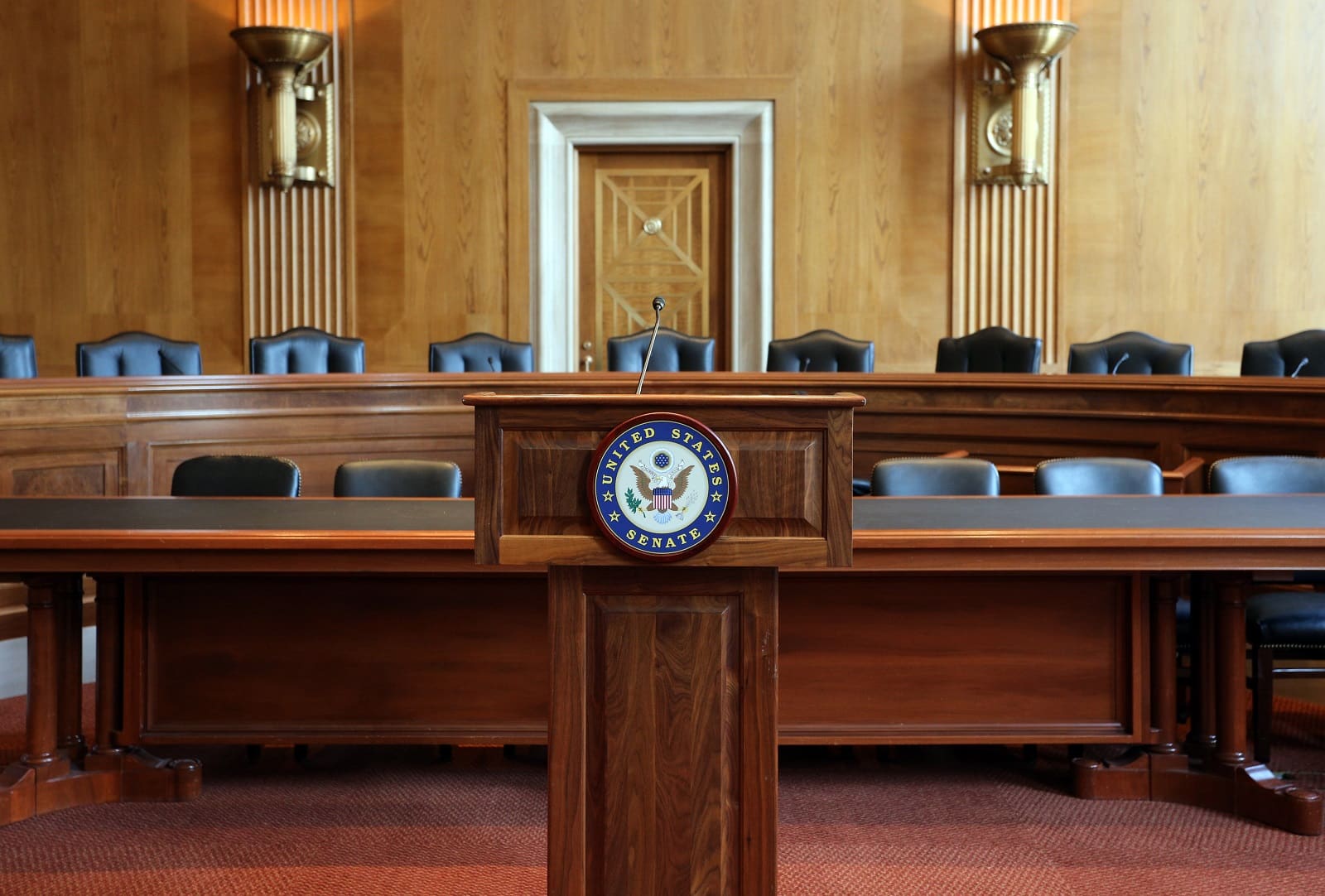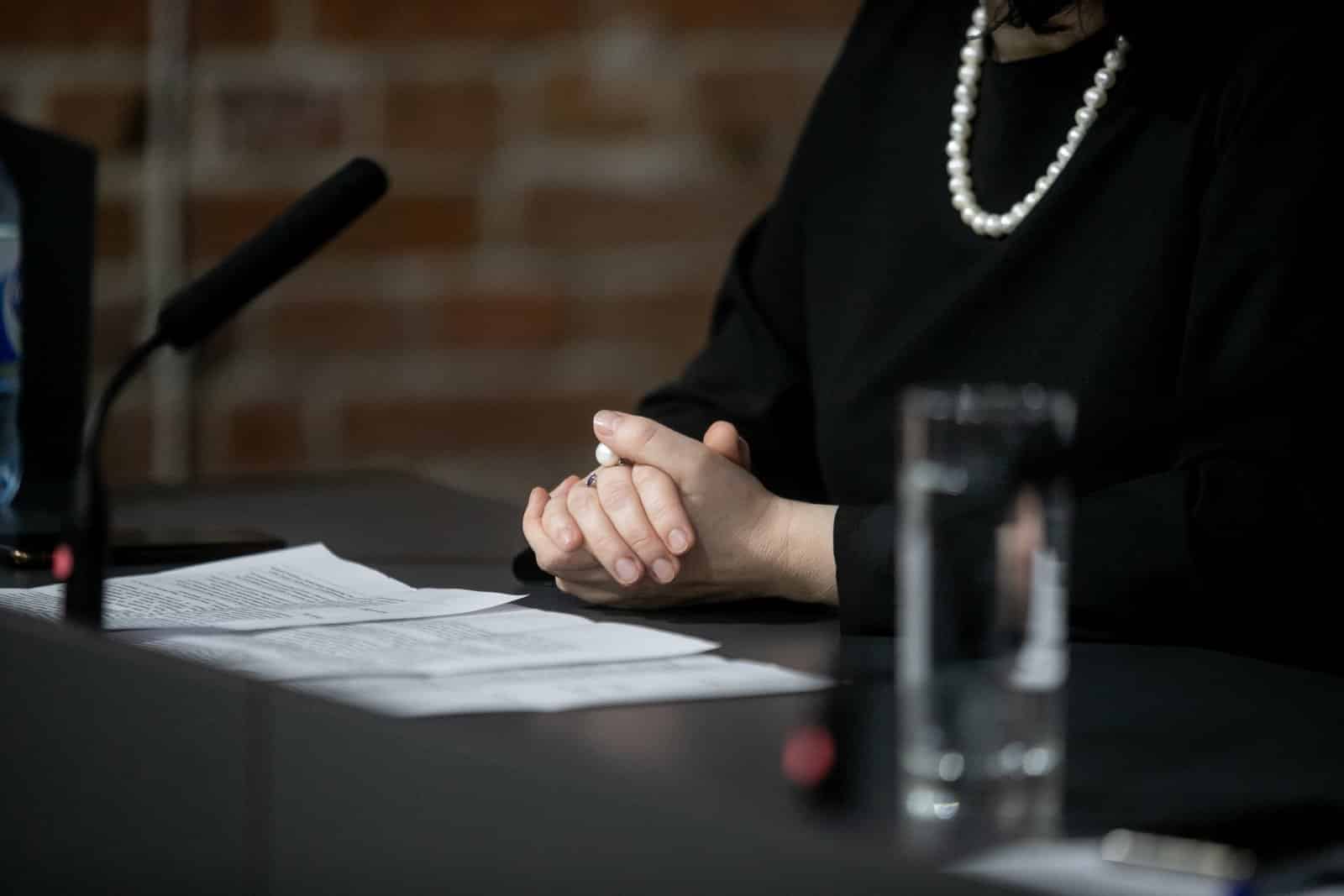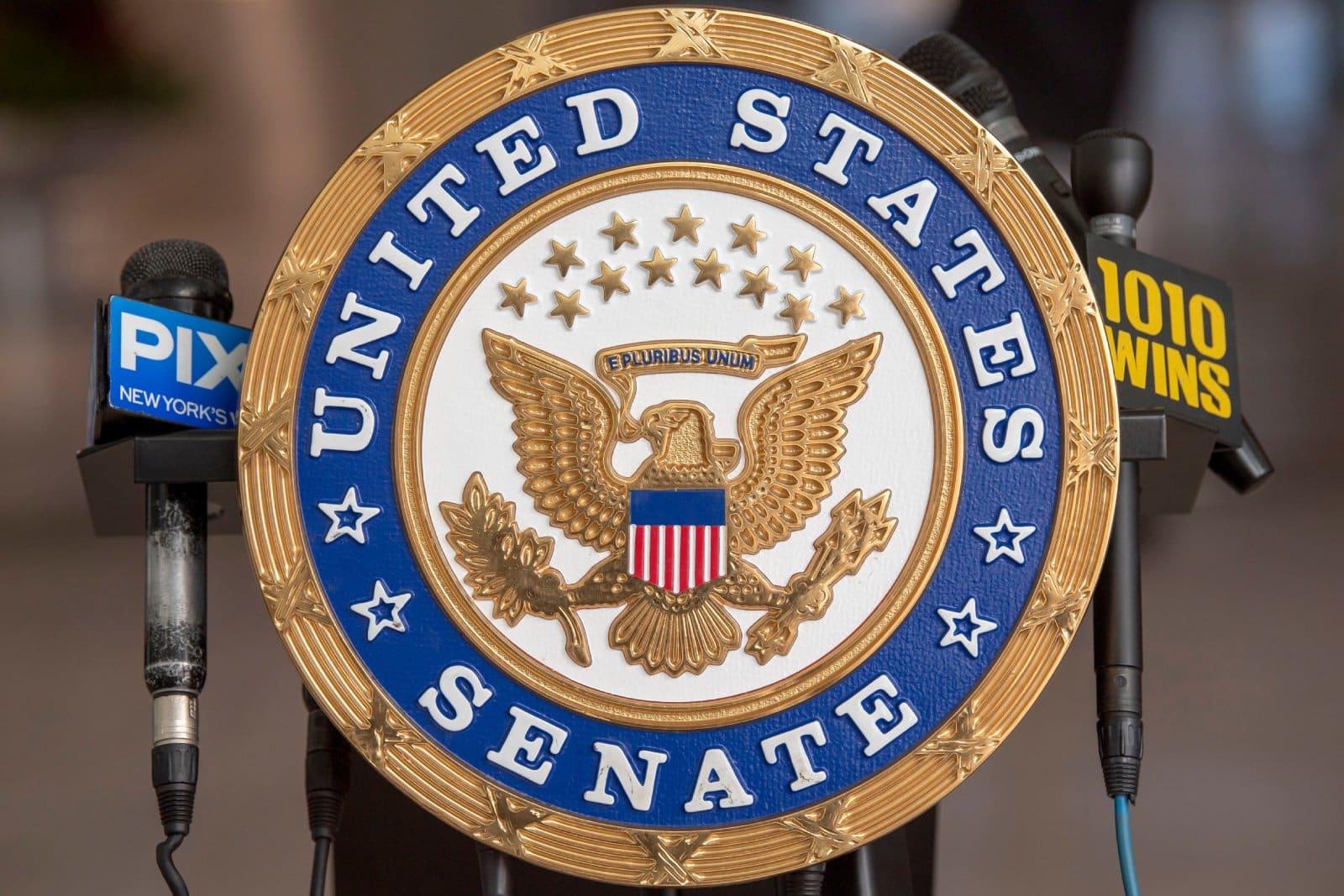The Oregon House of Representatives has passed a historic bill that will limit how much political donors can contribute to election campaigns in the state.
Historic Bill Passed in Oregon

On Wednesday the Oregon House of Representatives passed a bill to place new limits on election campaign contributions for the first time in the state’s history.
House Bill 4024A

House Bill 4024A was established to bring more transparency to the campaign financing process. This would include limiting campaign contributions and spending for political candidates and committees.
“Historic Moment for Oregon”

“This is a historic moment in the history of Oregon,” said Jason Kafoury, who works for good government group Honest Elections Oregon.
One of the Five States

Currently, just five U.S. states, including Oregon, have no legal limits on how much money an individual or organization can contribute to a political campaign. It is one of 11 states with no limits on contributions to an individual candidate.
More Than $70 Million for Governor Campaigns

During the last election for Oregon governor in 2022, campaign financers spent more than $70 million trying to sway residents to vote for specific candidates. That figure will likely be lower in future elections.
New System Implemented

If the bill is officially passed into law, political candidates running for office will have a tiered system of contribution limits they can accept, depending on the position of the contributor.
Contribution Limit Amounts

Contributions will be limited to $3,300 or less from individuals, $2,000 from political action committees, $15,000 from political party committees, etc.
Committee Limits

By law, small-donor political committees would be limited to accepting only $250 or less per individual donor, and state election candidates would be limited to accepting $10 or less per committee donor.
Applicable Offices

These contribution limits would apply to all candidates running for the Senate, state House, district attorney, and circuit court judge within Oregon.
Compromise Needed

During the meeting on Wednesday, the Oregon House Rules Committee worked on amendments to the bill. A significant compromise was needed to satisfy Republicans, Democrats, campaign donors, labor unions, good government organizations, and more.
“Important Steps to Reasonable Changes”

“Today, we made an important step to make reasonable changes in Oregon’s campaign finance system,” said Representative leaders Julie Fahey (D-Eugene) and Jeff Helfrich (R-Hood River) in a public statement on the bill’s passage.
“Countless Hours of Good Faith Negotiations”

“We arrived at this vote today after countless hours of good faith negotiations which were successful because of the years of work on this topic by Speaker Dan Rayfield and other legislators who worked on campaign finance long before us,” the statement continued.
Meeting Oregonian Needs

“We believe this bill meets Oregonians’ need for reasonable contribution limits, transparency, and accountability, without simply shifting campaign spending into ‘dark money’ activities,” it addressed.
A Long Wait

Many see the bill as a much-needed and long-awaited change to Oregon political legislation. According to Kafoury, good government organizations and individual advocates have been pushing for campaign contribution limits in Oregon for decades.
“A Huge Step Forward”

“I’m pleased that we’re finally getting to a place where good government groups could find it. I would say acceptable enough as a starting point and a big starting point … this is a huge step forward for our state,” he said.
Dan Rayfield Looks Back

Speaker Dan Rayfield, D-Corvallis, would know this all too well. He has called for campaign finance reform for much of his career and looked back on the last time Oregon legislated significant campaign finance reform back in 1975.
“Proud to Stand Here Today”

“49 years later, I’m proud to stand here today,” Rayfield told the House from the dais once the bill was passed. The bill passed 52 votes to 5.
Businesses Support It

State businesses seem to be largely in support, too, with Oregon Business and Industry spokesperson Angela Wilhelms saying that while the bill was not perfect, the organization (which represents more than 250,000 business owners) would support it.
A System for Everyone to Participate

“You can’t completely legislate a system that prevents really bad actors from acting badly but what you can do is create a system that allows for participation for all types of individuals and organizations,” Wilhelms said.
Waiting for the Senate

Now that it has passed through the state House of Representatives, Bill 4024A will be heading to the Oregon Senate. If passed into law, the limits will take effect on Jan. 1, 2027.
23 Steep Taxes Adding to California Residents’ Burden

California: a place of sunshine, innovation, and, unfortunately, some of the nation’s highest taxes. From LA’s beaches to Silicon Valley’s tech hubs, residents grapple with a maze of state taxes. Here’s a glance at 23 taxes that might surprise both Californians and outsiders. 23 Steep Taxes Adding to California Residents’ Burden
Cash in on Nostalgia: 21 Toys Now Worth a Fortune

Time to dust off the boxes and find that once-cherished toy from your childhood. For collectors and enthusiasts, these items have become valued objects, and they can be worth big bucks – are there any of these in your attic? Cash in on Nostalgia: 21 Toys Now Worth a Fortune
Millennials Don’t Buy These 19 Products Anymore

Millennials are changing consumer habits, quietly replacing once-staple products and traditions. Often criticized for their disruptive preferences, this generation is reshaping the marketplace with digital expertise, ethical buying, and a taste for the unconventional. Millennials Don’t Buy These 19 Products Anymore
The post Oregon House Enacts First-Ever Limits on Election Campaign Contributions first appeared on Thrift My Life.
Featured Image Credit: Shutterstock / Nagel Photography.
The content of this article is for informational purposes only and does not constitute or replace professional financial advice.

